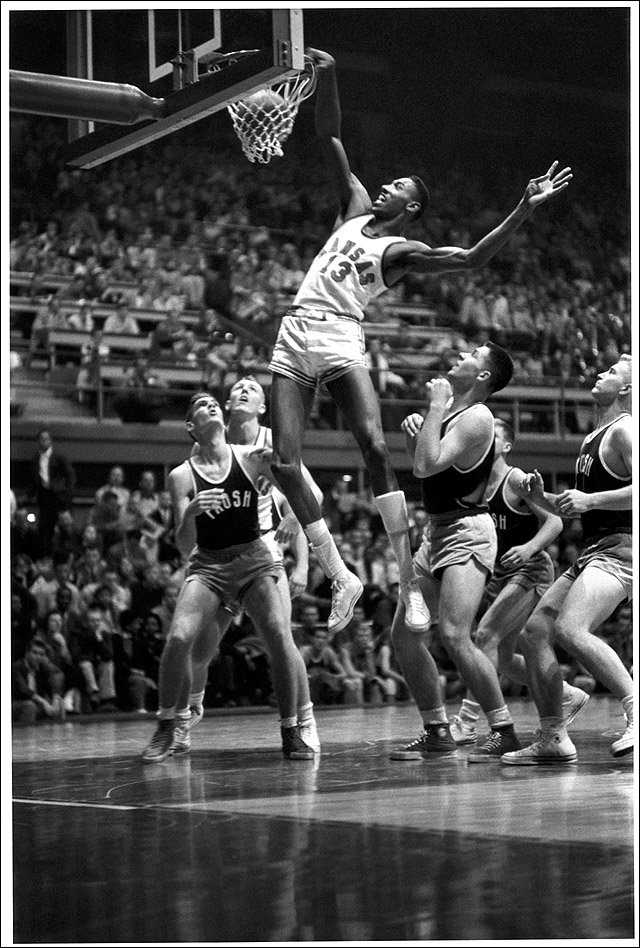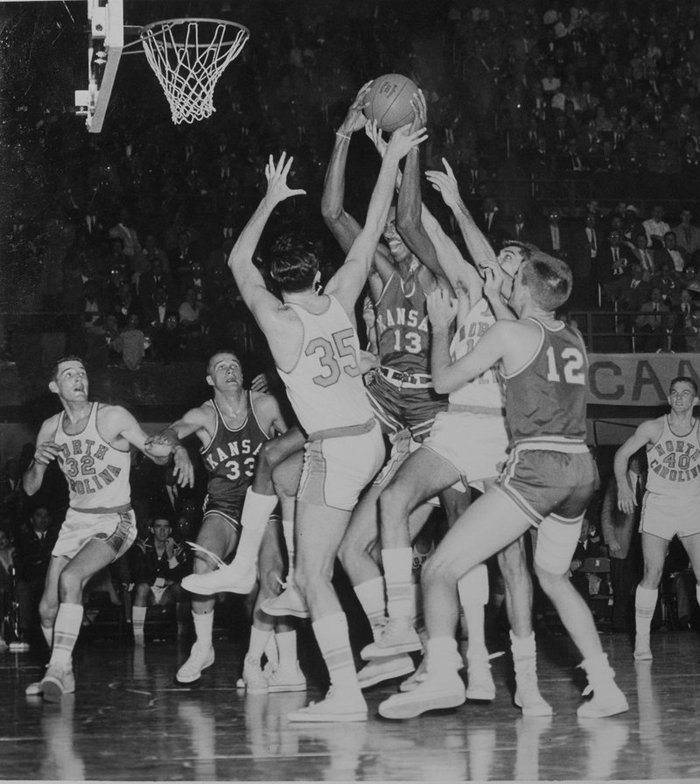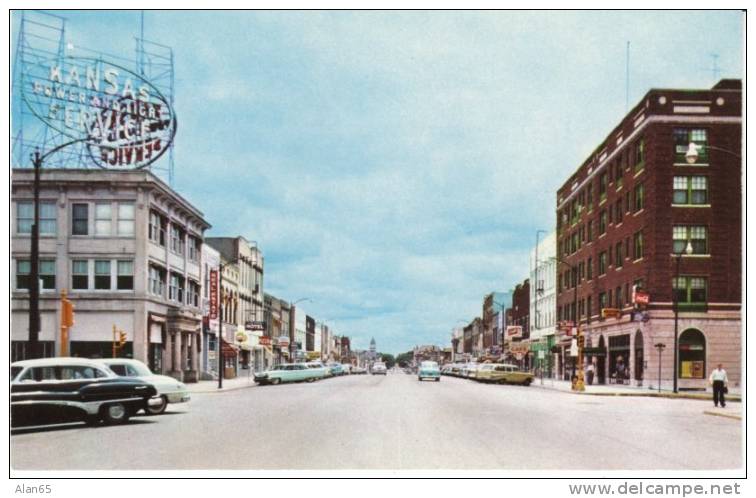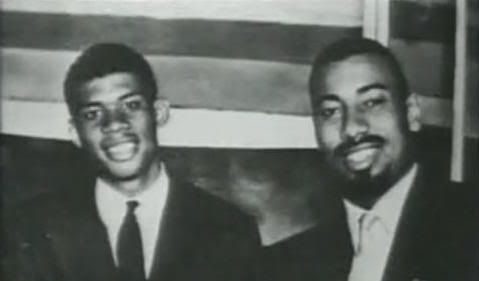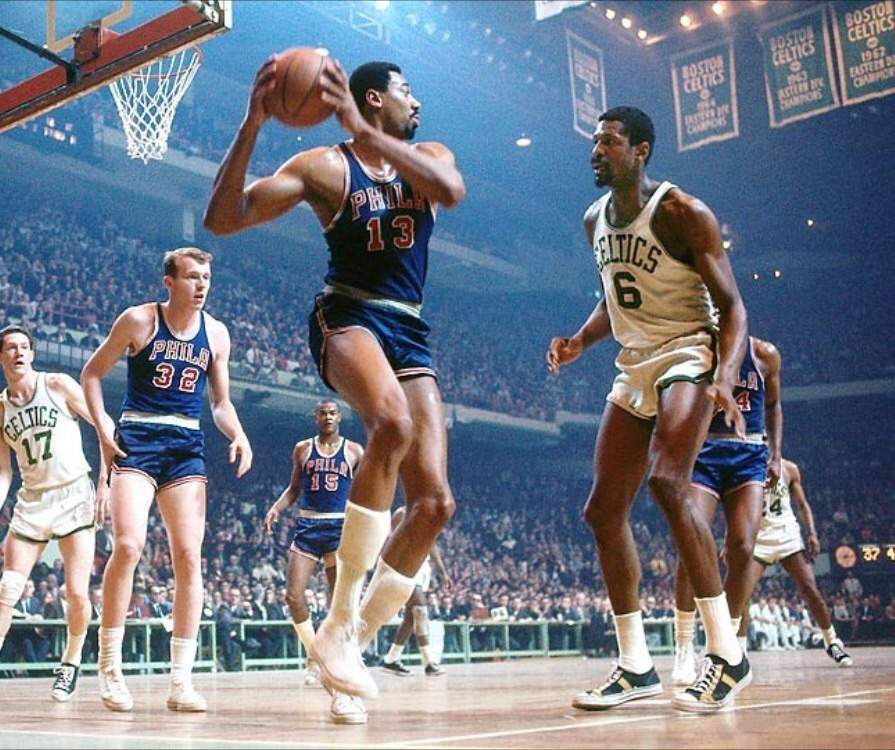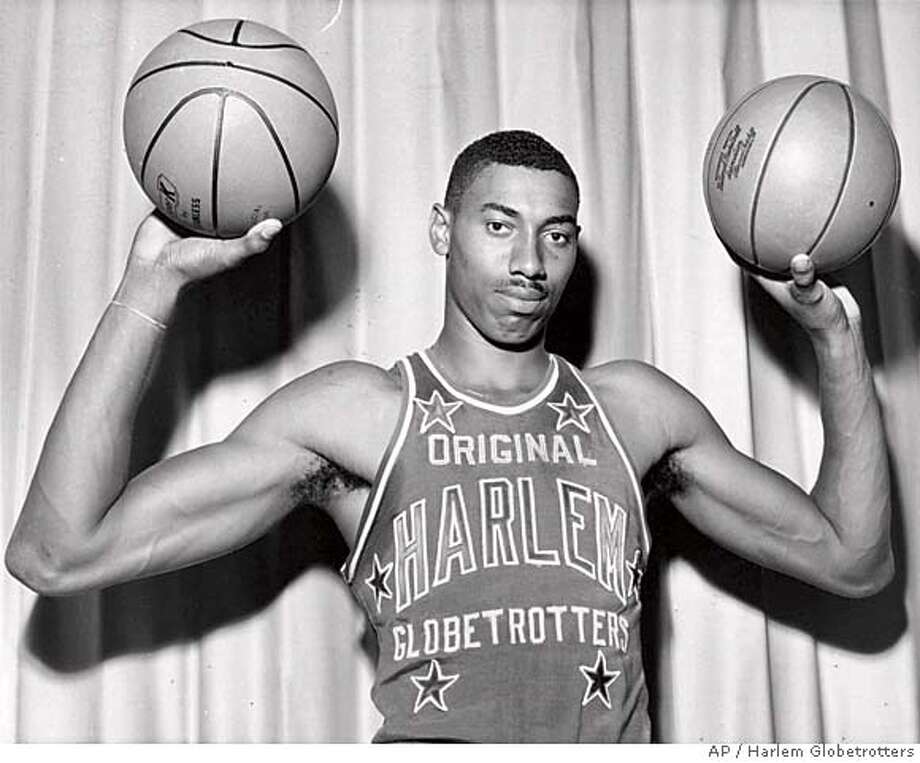
#13 Wilt Chamberlain
14 NBA seasons
30.1 PPG
22.9 RPG
4.4 APG
??? BPG
??? SPG
45.8 MPG
1 FINALS MVP ('72)
4 MVPS ('60,'66,'67,'68)
1960 ROOKIE OF THE YEAR
2x NBA CHAMPION ('67,'72)
4x NBA FINALIST ('64,'68,'70,'73)
13x NBA ALL-STAR ('60-'69, '71-'73)
7x ALL-NBA ('60-'62,'64,'65-'68)
2x ALL-DEFENSIVE ('72,'73)
1 of NBA's 50 GREATEST PLAYERS
7 SCORING TITLES ('60,'61,'62,'63,'64,'65,'66)
11 REBOUNDING TITLES ('60-'63,'66-'69,'71-'73)
9x, LED LEAGUE IN FG% ('61,'63,'65,'66,'67,'68,'69,'72,'73)
9x, LED LEAGUE IN MINUTES ('60,'61,'62,'63,'64,'66,'67,'68,'69)
1x, LED LEAGUE IN ASSISTS ('68)
LOS ANGELES LAKERS #13 RETIRED
GOLDEN STATE WARRIORS #13 RETIRED
PHILADELPHIA 76ERS #13 RETIRED
HARLEM GLOBETROTTERS #13 RETIRED
31.8 highest single season PER ('63)
100 points (3/2/1962 vs. Knicks)
5 70-point games (Elgin 1, Kobe 1, David Robinson 1, David Thompson 1)
32 60-point games (Kobe Bryant 5, MJ 5)
118 50-point games (MJ 34)
271 40-point games (MJ 173)
7 consecutive 50-point games (12/16/61-12/29/61)
14 consecutive 40-point games TWICE (12/8/61-12/30/61, 1/11/62-2/1/62)
65 consecutive 30-point games (11/4/61-2/22/62)
126 consecutive 20-point games (10/19/61-1/19/63)
37.6 points, 27.0 rebounds, 2.3 assists per game as a rookie
58 points as a rookie (1/25/60, also had 42 rebounds)
45 rebounds as a rookie (2/6/60)
8 career 40 point 40 rebound games
132 career 30 point 30 rebound games (Russell 7, Bellamy 3, Thurmond 3)
590 career 20 point 20 rebound games (Elgin Baylor has 118)
227 consecutive double-doubles from 64-67 (also holds the 2nd and 3rd spots)
9 consecutive triple doubles (3/8/68-3/20/68)
3 highest "perfect" games in NBA history
18-18 from the field (2/24/67)
16-16 from the field (3/19/67)
15-15 from the field (1/20/67)
Some of Wilt's best regular season games
11/16/1962 San Francisco Warriors at New York Knicks, MSG
Wilt goes for 73 points, 29 rebounds
Highest scoring output in New York City history, MSG history
1/21/1962 San Francisco Warriors vs. Chicago Packers
Wilt goes for 56 points, 45 rebounds
2/2/1968 Philadelphia 76ers vs. Detroit Pistons
Wilt goes for 22 points, 25 rebounds, 21 assists
the first double-triple-double in league history (Westbrook 2019 was the 2nd)
3/18/1968 Philadelphia 76ers vs. Los Angeles Lakers
Wilt goes for 53 points, 32 rebounds, 14 assists (unofficially has 24 blocks, 11 steals)
Led the league in assists that season but had the 4 highest scoring games (68,53,53,52)
12/25/1968 Los Angeles Lakers vs. Phoenix Suns (nationally televised Christmas Day Game)
Wilt has 15 points, 23 blocks
blocks were not an official statistic at this point but (23) would shatter Elmore Smith's record of 17.
2/9/1969 Los Angeles Lakers vs. Phoenix Suns
Wilt scores 66 points (29-35, 82.9 FG%)
It was 1 of his 4 games of over 60+ points on .700+ shooting
3rd highest Laker point total behind Kobe's 81, Elgin's 71
Most points scored by any player in '69 season
2nd oldest player in NBA history (32 years old) to go for 60+ (Kobe 37, 2016)
Some of Wilt's best postseason games
1960 Philadelphia Warriors vs. Syracuse Nationals
1st round EC playoffs
53 points
most by a rookie in the playoffs
1962 Philadelphia Warriors vs. Syracuse Nationals
1st round EC playoffs
56 points (22-48), 35 rebounds
3rd highest point total in the playoffs behind MJ's 63, and Elgin's 61
1964 San Francisco Warriors vs. St. Louis Hawks
1st round EC playoffs
50 points, 15 rebounds, 6 assists
Also held Pettit to 19 points, 45-15-5 on 65% FG, wasnt duplicated again til LeBron in 2012 Game 5 vs. Celtics
1967 Philadelphia 76ers vs. Boston celtics (game 1)
2nd round EC playoffs
24 points, 32 rebounds, 13 assists, 12 blocks
unofficial quadruple double, since blocks & steals were not counted
1967 Philadelphia 76ers vs. Boston Celtics (game 3)
2nd round EC playoffs
20 points, 41 rebounds
Also held Russell to 10 points, most rebounds in a playoff game ever
1970 Los Angeles Lakers vs. Phoenix Suns (game 7)
1st round WC Playoffs
30 points, 27 rebounds, 11 blocks
unofficial triple double, since blocks & steals were not counted
1970 Los Angeles Lakers vs. New York Knicks (game 6)
NBA Finals
45 points (20-27), 27 rebounds
Wilt is the only player to average 20-20 in the Finals (7 games)
23.2 PPG, 24.1 RPG, on 62.5% shooting in 1970
1972 Los Angeles Lakers vs. New York Knicks (game 5)
NBA Finals
24 points (10-14), 29 rebounds, 4 assists, 6 blocks
Last edited:





